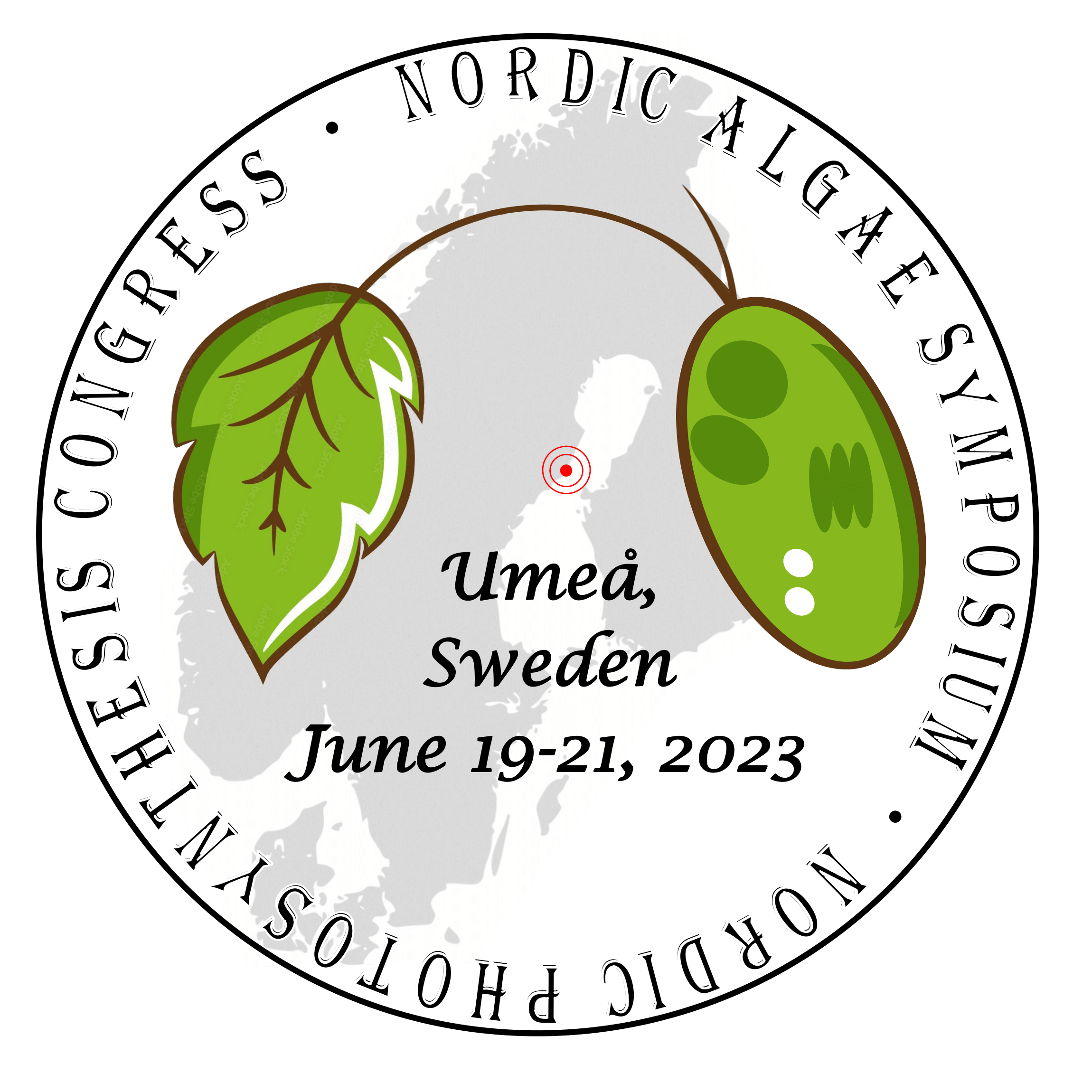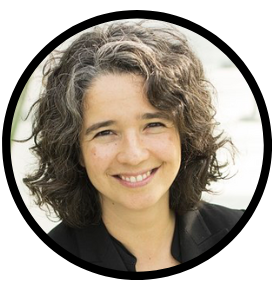
Maria Barbosa
University of Wageningen, The Netherlands
Research in my group aims to develop sustainable processes for cost-effective conversion of sunlight into functional products by photosynthetic microorganisms.
We integrate biology and engineering, with expertise in strain improvement, bioprocess and photobioreactor design and scale-up.

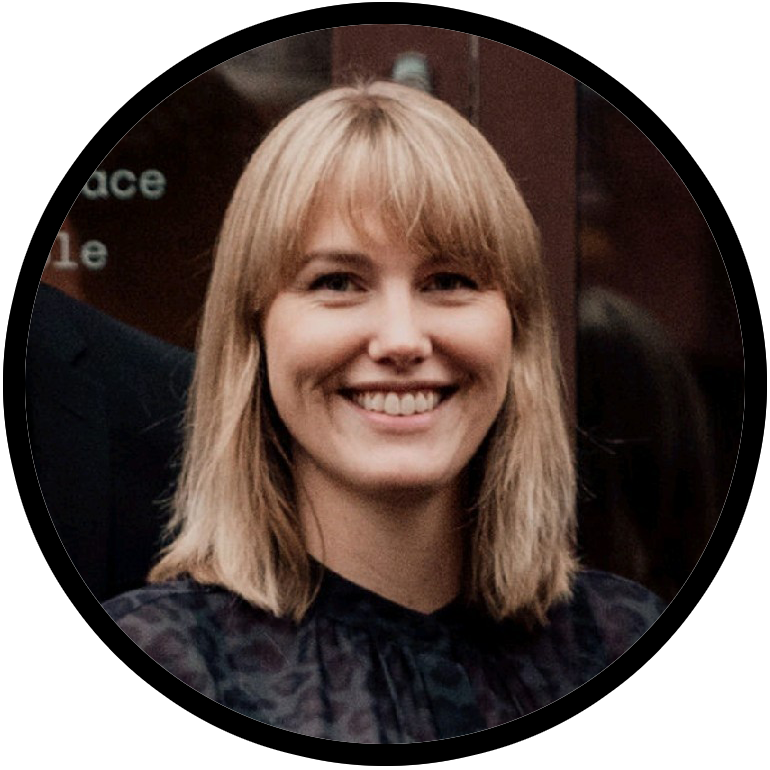
Sean Barrett & Anna Elliasson
ITG Studio
Roberto Bassi
University of Verona, Italy
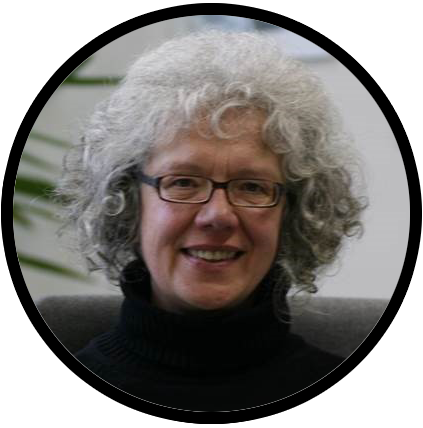
Claudia Büchel
Johann Wolfgang Geothe University Frankfurt (Main), Germany
Our research focusses on diatoms, more specifically on their light perception for photosynthesis and regulation, and their potential for biotechnological approaches.
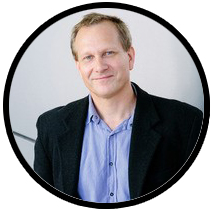
Ben Hankamer
The University of Queensland, Australia
Professorial Research Fellow
Institute for Molecular Bioscience
Prof Ben Hankamer, Directs the Centre for Solar Biotechnology and is focused on the development of light driven industry to support a transition towards a CO2 neutral economy through the production of a broad range of products from recombinant proteins to renewable fuels. To design these systems the Centre takes a multiscale and multidisciplinary approach, to fast-track system optimization, de-risk scale up and develop robust business cases. The importance of this is highlighted by the forecast that a US$130 Tn (US$4.8 Tn pa) investment will be required by 2050 to secure CO2 neutrality and the fact that high-quality investments must be selected to deliver the desired outcome.
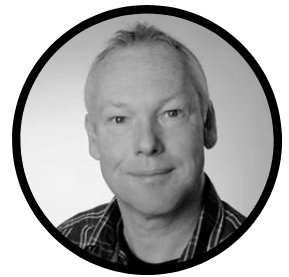
Michael Hippler
Universität Münster, Germany
A research focus of my laboratory is towards understanding of oxygenic photosynthesis. Hereby we address questions related to light-harvesting versus light dissipation, linear electron transfer versus cyclic electron transfer, structure and function of photosynthetic complexes as well as how the proton-motive force is generated, stored, used and regulated. We are also interested in engineering photosynthetic electron transfer to improve photosynthetic hydrogen production.
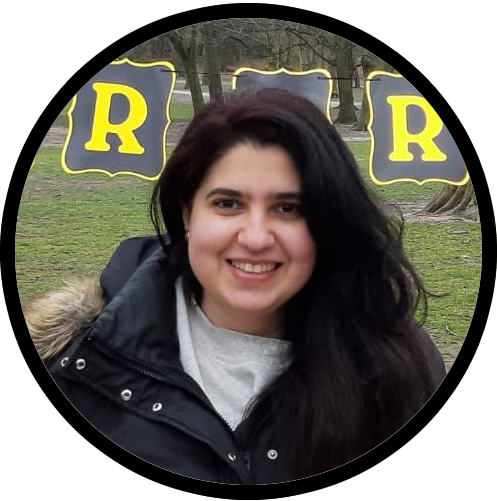
Rana Hussein
HU Berlin, Germany
Research in our group aims to understand how Photosynthesis utilizes solar energy and transforms it into chemically usable energy. The ultimate goal is to provide an atomic movie for the water oxidation process in Photosystem II by collecting atomic structural snapshots of the enzyme while stepping through its catalytic cycle.
Jörg Nickelsen
Ludwig-Maximilians University Munich, Germany
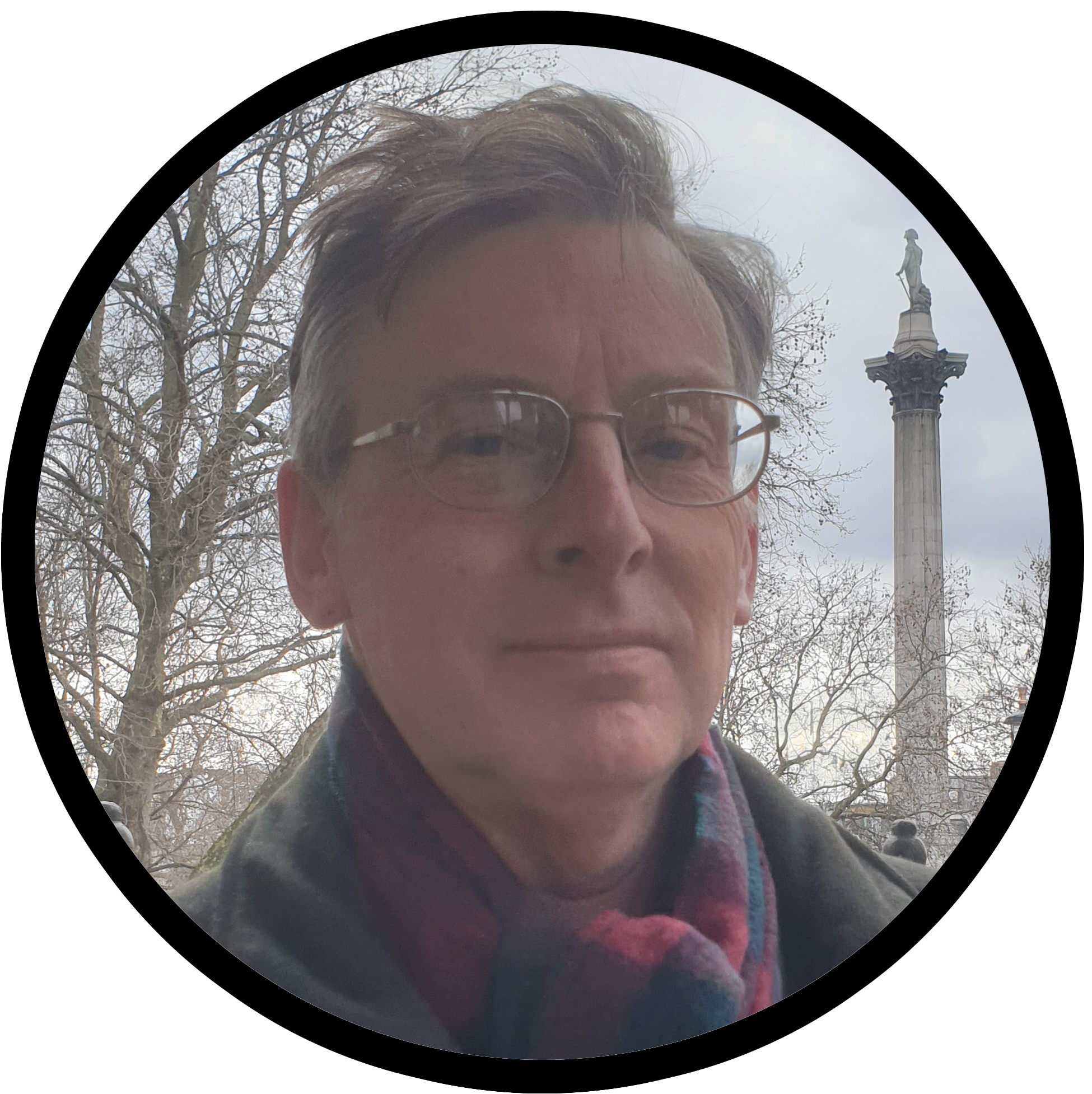
Peter Nixon
Faculty of Natural Sciences, Department of Life Sciences, Imperial College, London UK.
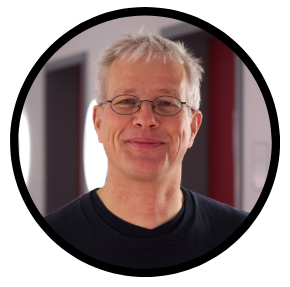
Michael Schroda
TU Kaiserslautern, Germany
My group works with the unicellular green alga Chlamydomonas reinhardtii as a model. We employ Synthetic Biology and Systems Biology tools to study questions regarding chloroplast biogenesis and protein homeostasis.
Moreover, we engineer the alga for various applications in biotechnology.
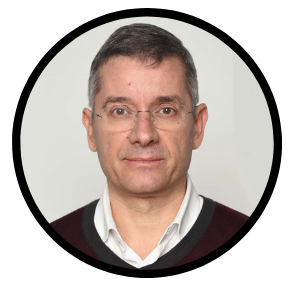
Vitor Verdelho
General Manager at European Algae Biomass Association, Portugal
Vitor has a wide interest in algal research.
More information can be found at his LinkedIn profile.
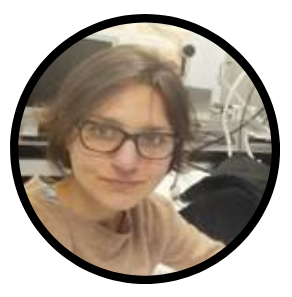
Dr. Stefania Viola
BIAM, CEA Cadarache, France
Work at Photosynthesis & Environment team at the Bioscience and biotechnology Institute of Aix-Marseille. Our group studies the molecular mechanisms that regulate the efficiency of photosynthesis and its adaptation to the environment. I work on photochemistry and electron transport in cyanobacteria, using a combination of biophysical and molecular methods.
Life in the shade: How photosystem II adapted to far-red light.
